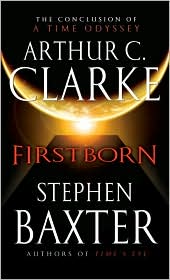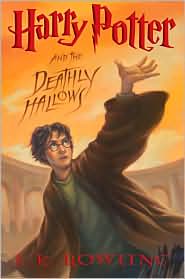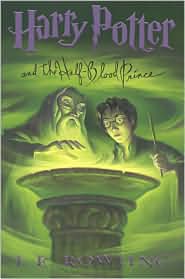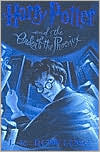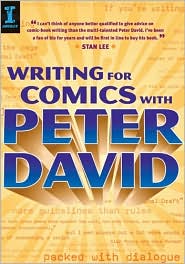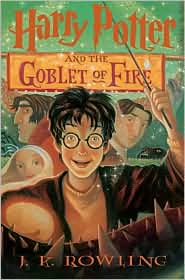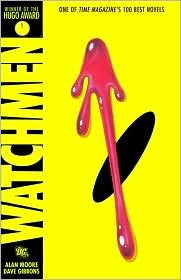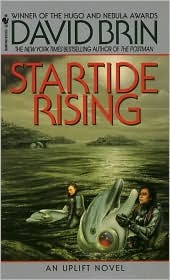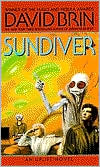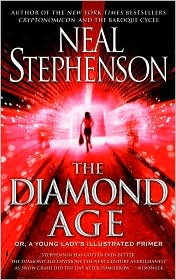I’m a big picture kind of a person, but I like knowing the reasoning and logic behind the details. I also learn by example, self modification of example, and application of a modified example from a completely different area. That’s one of the reasons I make a good engineer, and it’s also why I like history. It helps explain the world and generate better expectations of what may happen. That’s probably why I really liked America’s Women.
Like many books AW is actually primarily about the women of the colonizing forces that took over most of North America, specifically the US region. It covers the Native American women sparingly, probably due to lack of records and stability o women’s rolls in NA society. It begins with the first recorded women to arrive to the continent. It uses sources to talk about the rolls these women played in society here, considering the limited number of them compared to men. This shortage led to an empowerment of women that didn’t wane until the scales became more balanced. It goes through the trials and tribulations of the females as the world and their place in it changed for the growing country and world at large.
I came away with some interesting things from this book. The first thing reminded me of the book Light of Other Days by Arthur C. Clarke. Basically they develop a way to observe the past using wormholes, all of the past. You would think that would cause a huge amount of “payback” for past events, but in the book it caused something else. People realized that at some point in the past everyone has been f#@&ed over. I got that from this book as well. Sex, race, and nationality all play their parts in the book. All of them have made unbelievable strides, and at some point they have all been screwed over or managed to screw themselves. Secondly, for much of US history the roll of the sexes in society was determined by a social contract to which the majority of both agree. Periodically the contract is renegotiated during times of emergency or cultural change, especially in the past 100 years. The renegotiation can be derailed by either side of the debate or conflict within each side.
I’ve heard people talk about the sorry state of equality, and I want to force them to read a couple of books, including this one. Watching the show “Black White” the black woman stated that sometimes she wondered if racism wasn’t better before because you knew where you stood. All I could think was “Rosa Parks would punch you slap in the face for saying that.” Reading this book it amazes me how much has indeed changed. Things even 60 years ago that were commonly accepted by both sexes, and defended by both, seemed almost unthinkable to me. How can you deny a woman a job because she’s married, single, wears pants, has short hair, etc. ? It boggles my mind how that could be considered fair and right. I think it bodes well for the future, myself. Given some more time, a little work, and nudging in the right places and we might have most of this stuff ironed out in another 100 years. One can hope.
As an almost 30 white male reading this, I felt good. I’ve read books about women and women’s studies before, but this book never made me feel as if I was being chastised for being Y chromosome gifted. It tells the events as they happened and allows the reader to draw their own conclusions. Of course it’s orchestrated to get you to think about certain things, but it’s supposed to. It’s nice to read a book that praises a group of people without constantly stepping on another in the process. That alone makes this s satisfying read.
I recommend this highly to anyone who likes history, women’s studies, politics, society, debate, and frankly law. It’s excellent. I had to give it a 5 on my Bibliophil library. Anyway, I’m off for a little lighter reading.






